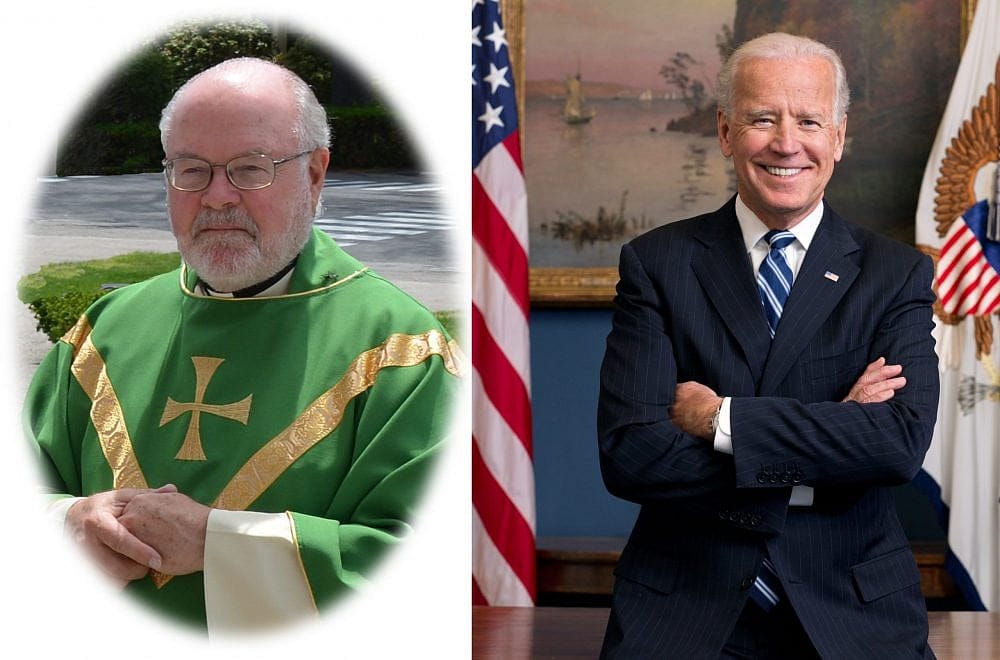Can the Catholic Church Cite An Authority Above the Tax Code For How It Deals With Politics?

When Boston Archdiocese priest Monsignor Paul Garrity endorsed Joe Biden for president on his Facebook page, he reopened the perennial question about religion and politics: Should churches or clerics endorse or otherwise support political candidates?
First, to be clear, church institutions and their ministers have the same right to engage in political advocacy that is guaranteed to every American citizen under the First Amendment to the United States Constitution. No office holder or petty bureaucrat at any level of government has authority to interfere with that unalienable right.

